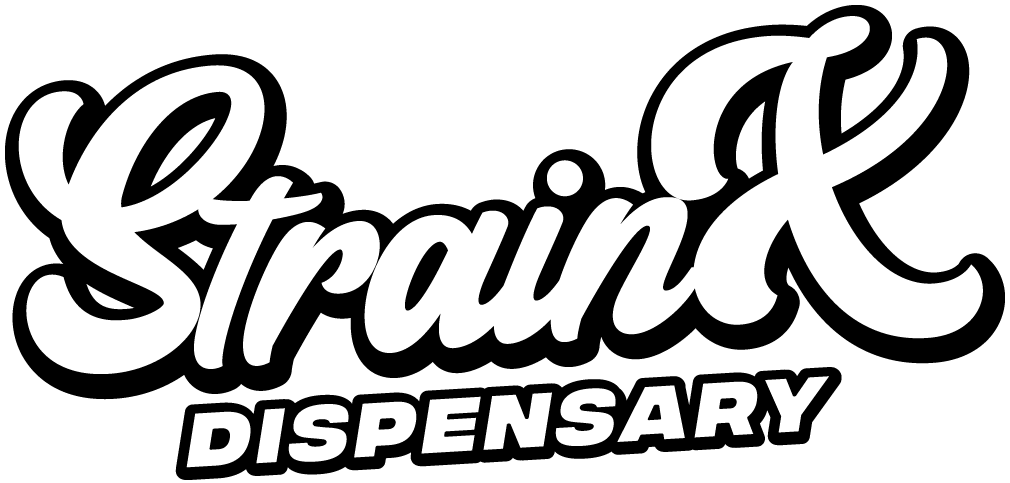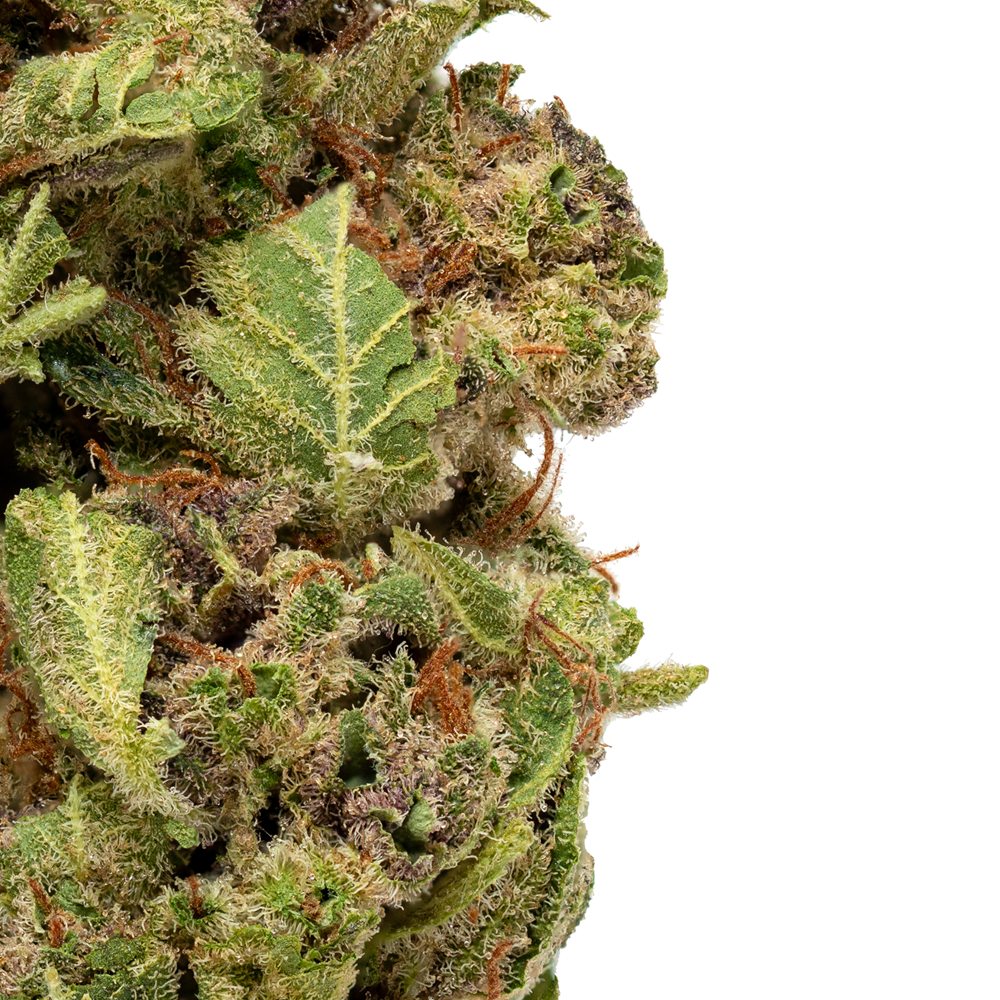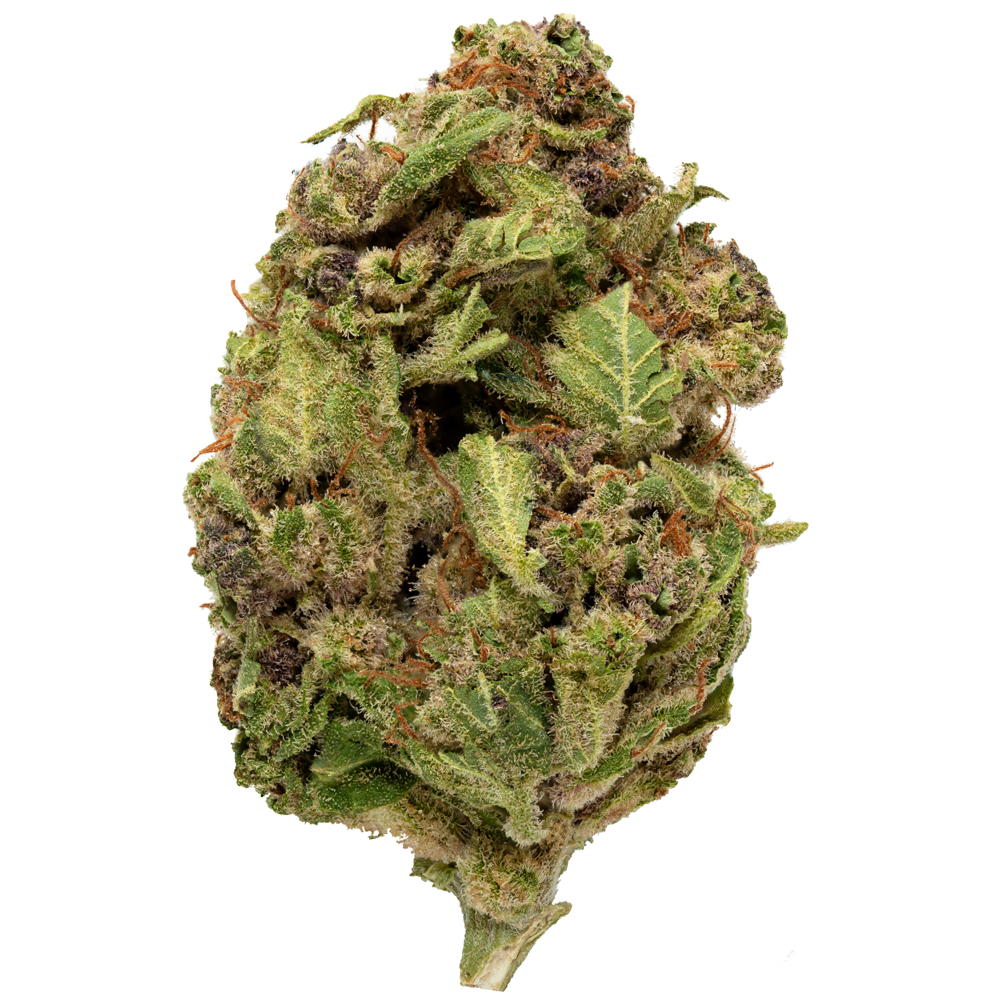Montrose Store:
Hours:
Everyday….… 8:00 AM to 12:15 AM
Galleria/Uptown Store:
Hours:
Everyday….… 8:00 AM to 12:15 AM
Visit our Houston Dispensaries for the best THCa flower in Houston, Texas. Check out our original Galleria location at the corner of Fountain View and Hwy 59, in Uptown. Visit our brand new Montrose location at the corner of Westheimer & Commonwealth.
Is THCA Flower “Weed” ?
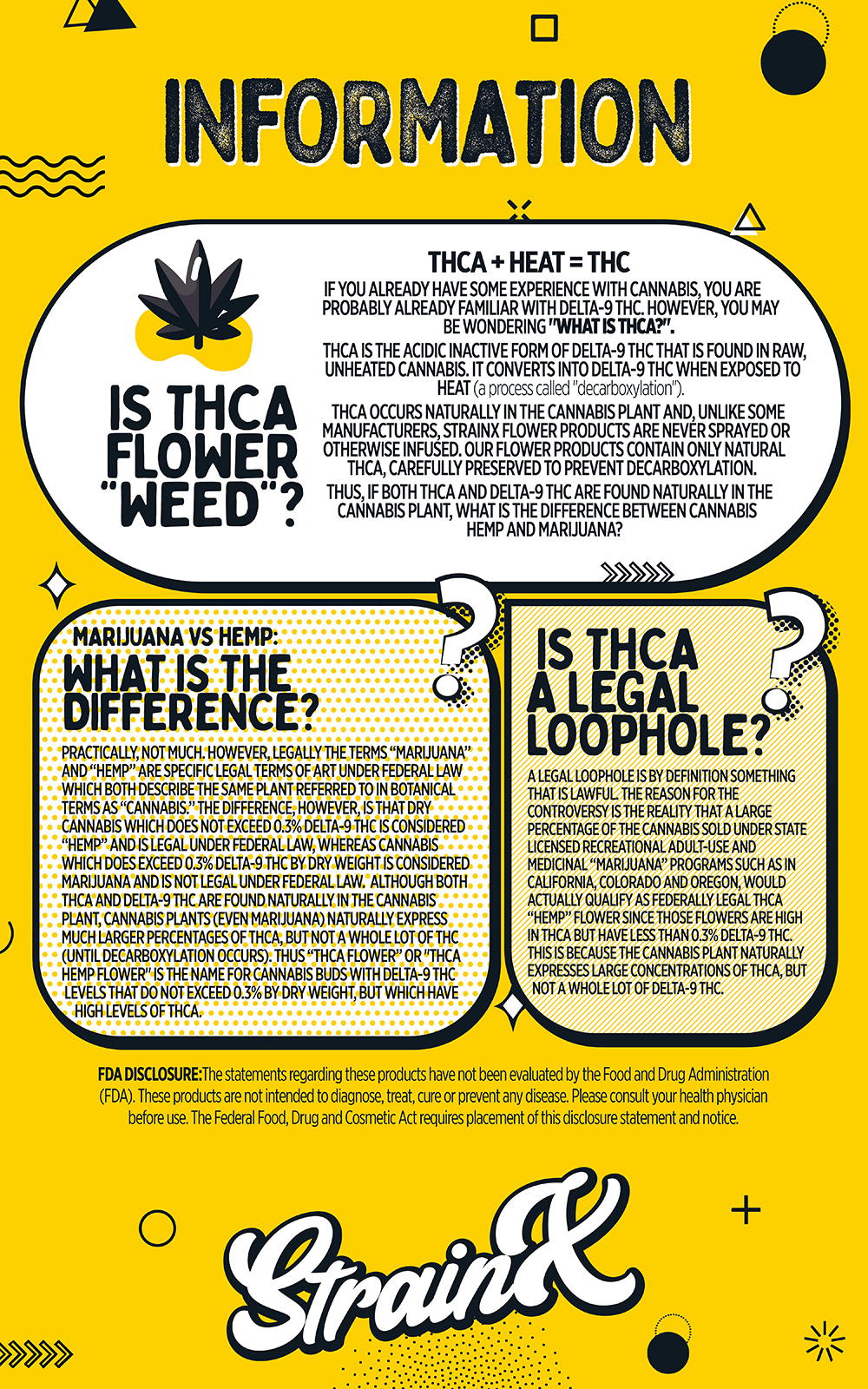
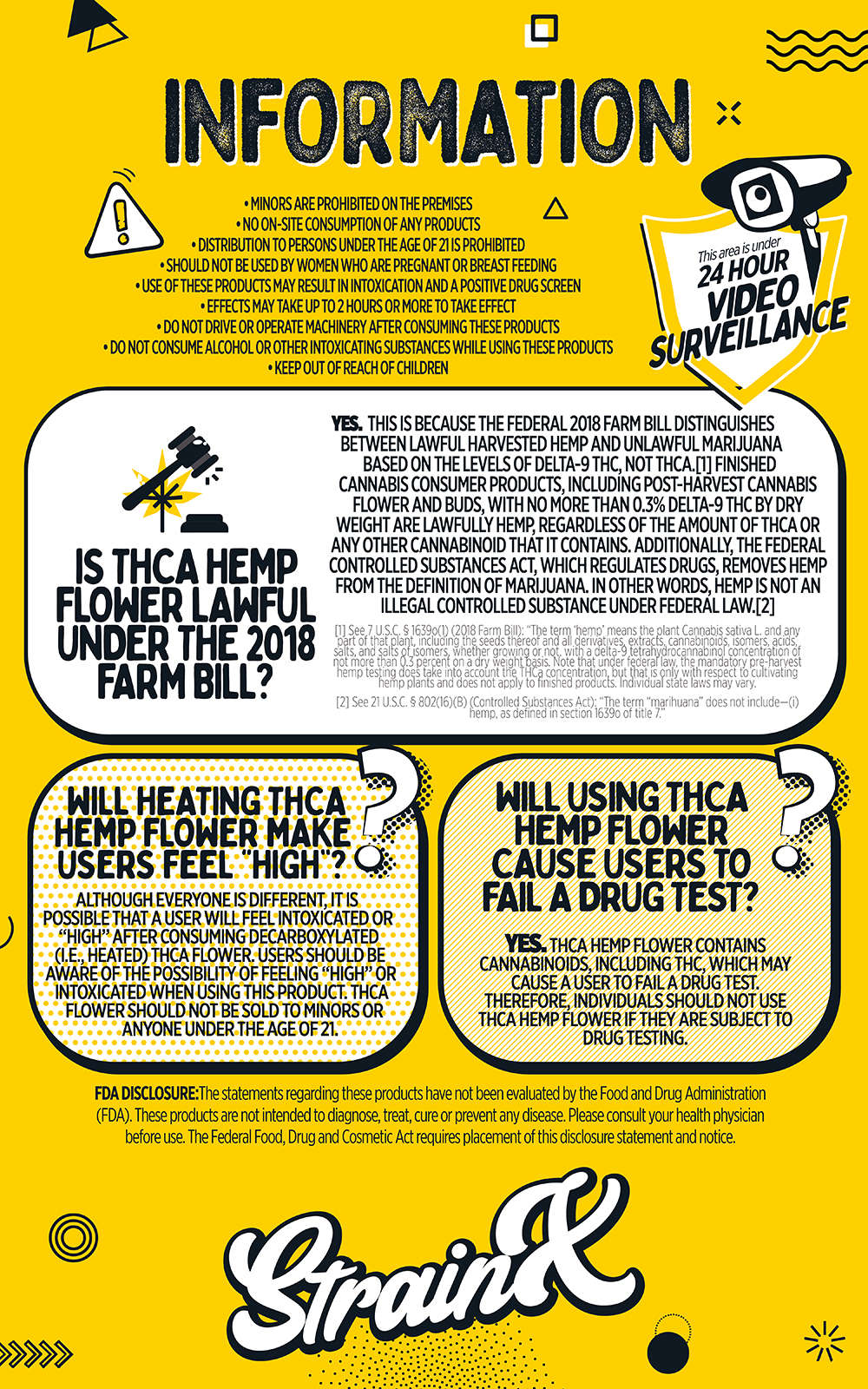
Marijuana vs Hemp: What is the Difference?
Practically, not much. However, legally the terms “marijuana” and “hemp” are specific legal terms of art under federal law which both describe the same plant referred to in botanical terms as “cannabis.” The difference, however, is that dry cannabis which does not exceed 0.3% delta-9 THC is considered “hemp” and is legal under federal law, whereas cannabis which does exceed 0.3% delta-9 THC by dry weight is considered marijuana and is not legal under federal law. Although both THCa and delta-9 THC are found naturally in the cannabis plant, cannabis plants (even marijuana) naturally express much larger percentages of THCa, but not a whole lot of THC (until decarboxylation occurs). Thus “THCa flower” or “THCa Hemp Flower” is the name for cannabis buds with delta-9 THC levels that do not exceed 0.3% by dry weight, but which have high levels of THCa.
Is THCa a Legal Loophole?
A legal loophole is by definition something that is lawful. The reason for the controversy is the reality that a large percentage of the cannabis sold under state licensed recreational adult-use and medicinal “marijuana” programs such as in California, Colorado and Oregon, would actually qualify as federally legal THCa “hemp” flower since those flowers are high in THCa but have less than 0.3% delta-9 THC. This is because the cannabis plant naturally expresses large concentrations of THCa, but not a whole lot of delta-9 THC.
Will heating THCa hemp flower make users feel “high”?
Although everyone is different, it is possible that a user will feel intoxicated or “high” after consuming decarboxylated (i.e., heated) THCa flower. Users should be aware of the possibility of feeling “high” or intoxicated when using this product. THCa flower should not be sold to minors or anyone under the age of 21.
Will using THCa hemp flower cause users to fail a drug test?
Yes. THCa hemp flower contains cannabinoids, including THC, which may cause a user to fail a drug test. Therefore, individuals should not use THCa hemp flower if they are subject to drug testing.
Is THCa hemp flower lawful under the 2018 Farm Bill?
Yes, this is because the federal 2018 Farm Bill distinguishes between lawfully harvested hemp and unlawful marijuana based on the delta-THC levels, not THCa. [1] Harvested cannabis, including its flowers and buds, with no more than 0.3% delta-9 THC by dry weight is lawful hemp, regardless of the amount of THCa or any other cannabinoid that it contains. Additionally, the federal Controlled Substances Act, which regulates drugs, removes hemp from the definition of marijuana. In other words, hemp is not an illegal controlled substance under federal law.[2]
[1] See 7 U.S.C. § 1639o(1) (2018 Farm Bill): “The term ‘hemp’ means the plant Cannabis sativa L. and any part of that plant, including the seeds thereof and all derivatives, extracts, cannabinoids, isomers, acids, salts, and salts of isomers, whether growing or not, with a delta-9 tetrahydrocannabinol concentration of not more than 0.3 percent on a dry weight basis. Note that under federal law, the mandatory pre-harvest hemp testing does take into account the THCa concentration, but that is only with respect to cultivating hemp plants and does not apply to finished products. Individual state laws may vary.”
[2] See 21 U.S.C. § 802(16)(B) (Controlled Substances Act): “The term “marihuana” does not include—(i) hemp, as defined in section 1639o of title 7.”
